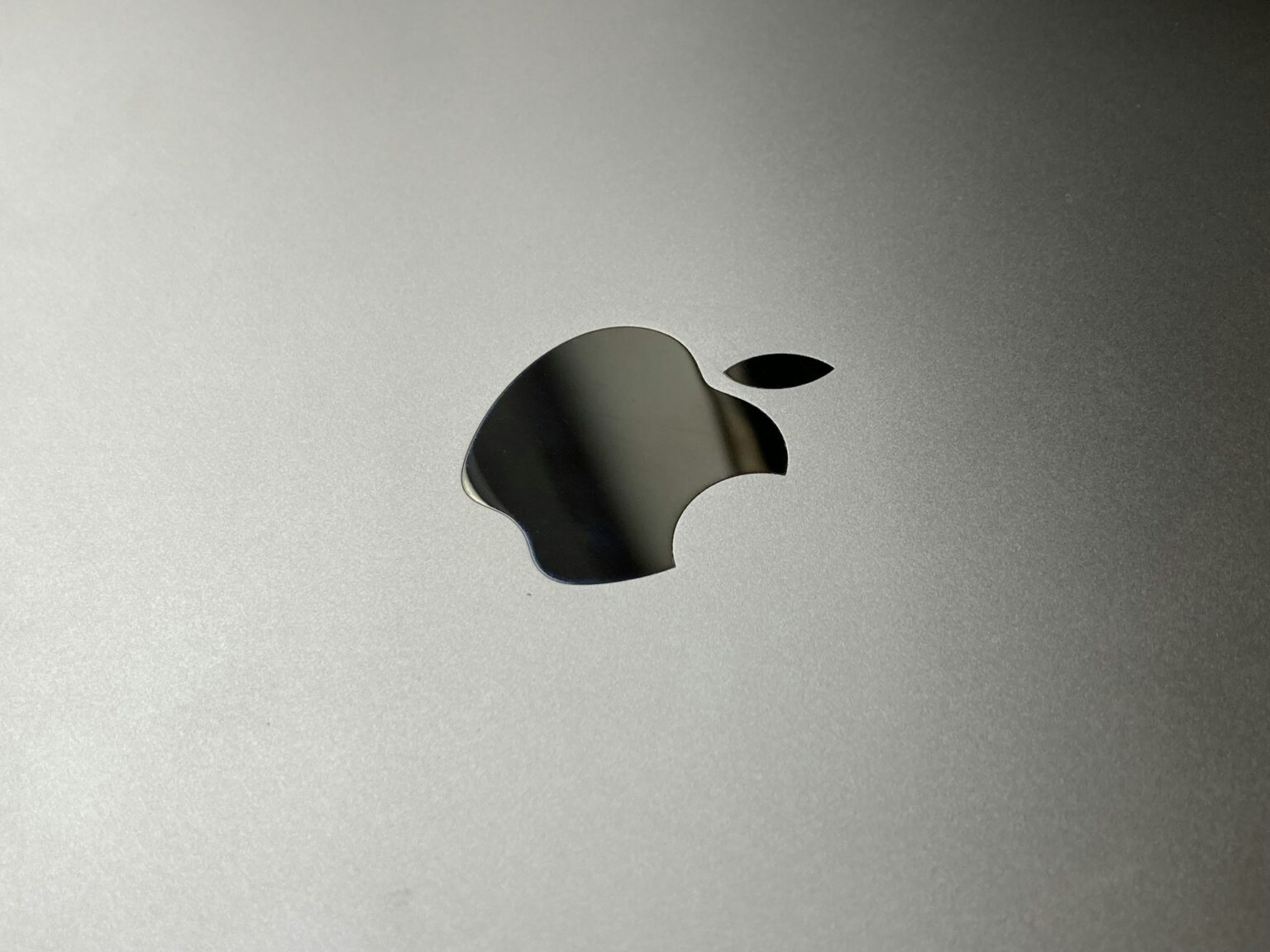Apple has called on the European Union to repeal its Digital Markets Act (DMA), arguing that the sweeping legislation is delaying the rollout of new features for European consumers and exposing users to greater privacy and security risks.
The appeal comes as the European Commission conducts its first evaluation of the DMA, which took effect last year. The law obliges designated “gatekeepers,” including Apple, to ensure interoperability and to open their platforms to rivals. Stakeholders had until September 24 to submit feedback as part of the review process, Reuters reported.
In a statement, Apple said the DMA has forced it to postpone several features in the EU, including iPhone mirroring to Mac, live translation with AirPods, and certain location-based functions in Maps. The company cited engineering challenges linked to ensuring compliance with interoperability requirements.
“It’s become clear that we can’t solve every problem the DMA creates,” Apple said. “Over time, it’s become clear that the DMA isn’t helping markets. It’s making it harder to do business in Europe.”
The company maintains that some obligations under the DMA cannot be fulfilled without compromising user data. Apple stated that its proposed safeguards were rejected by the Commission. “We will continue to deliver new features while meeting legal requirements, but we urge regulators to reassess how this law affects EU consumers,” the company added.
A European Commission spokesperson dismissed Apple’s arguments, reaffirming that compliance is mandatory: “Gatekeepers, like Apple, must allow interoperability of third-party devices with their operating systems. Compliance under the DMA is an obligation, not a choice.”
Apple also warned that the DMA has created a “riskier, less intuitive” app environment in Europe, citing the introduction of sideloading and alternative marketplaces that, according to the company, heighten risks of scams, malware, and inappropriate content.
The debate underscores the tension between regulators seeking to curb the dominance of Big Tech and companies warning of unintended consequences for innovation and consumer protection. Apple, which generates significant revenues in Europe, already altered its App Store rules and fees in June to comply with EU antitrust requirements.
The DMA remains a cornerstone of the EU’s digital strategy, but its future is now subject to increased scrutiny. While Apple and the U.S. administration of President Donald Trump have sharply criticised the regulation, Brussels continues to defend it as essential to ensuring fair competition and consumer choice in digital markets.
